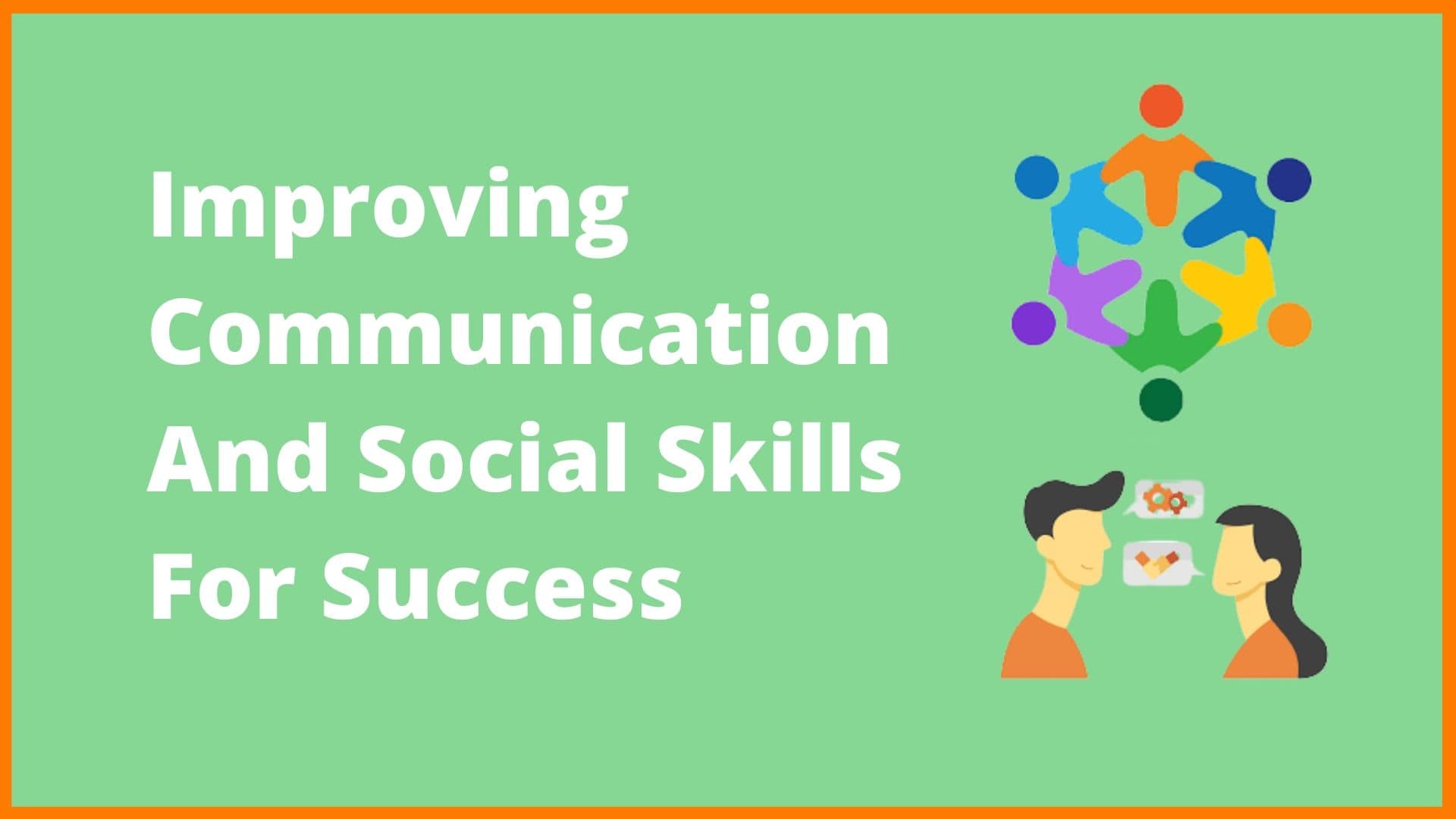Guide to Improve Listening Skills
Listening
Listening is an indispensable part of the communication process. Listening skill aids in establishing an effective link between the management and the employees. Listening skills also influence consumers and other businesses. So, it becomes necessary for every person to have good listening skills in business as well as in daily life. To develop good listening skills and become a good listener, one should know the qualities of the same.
A good listener is someone who hears carefully, attentively, and sympathetically for giving support and understanding to the speaker.
Why is listening important in Business Organisation?
Listening is an important part of business communication as it lets you acquire facts that may help in making decisions that benefit your business. Listening helps in:
Gaining Information
Listening gives additional insights; for example, listening to a job applicant helps to discover his attitude towards the profession and information not detailed in his resume. This information can help us decide the suitability of the applicant in the organization.
Conflict Resolution
Workplace conflicts and unhappy customers create an inefficient work atmosphere. Good listening can turn this situation into an opportunity for growth.
Productivity
Effective listening affects the productivity of the organization. By listening to the employees, the manager can solve the problems that increase the efficiency of employees.
Creating Powerful Working Relationships
In establishing effective working relationships between different parts of the organization, listening plays a key role. The working relationships include employee groups, between management and staff, and suppliers or vendors.


Ways/tips to be a good listener
Be Interested
Pay attention and be interested. People think that listening means being quiet until it is their turn to speak, but it is not. Listen with all your senses, and give thoughtful attention(non-judgemental, open-minded, and respectful) to another person.
Listening is receiving
Through listening, we gain trust and receive the vulnerability of another person. Be a blank canvas for another person by letting the speaker share ideas, thoughts, feelings, and whatever else is going in his mind. Let the person know that you are interested by nodding head or smile.
Maintain eye contact
A good listener makes eye contact while having a conversation with the speaker. Adjust yourself to the person talking by noticing the degree of eye contact they are making with you throughout the conversation. In this way, people feel understood.
Avoid Interrupting the speaker
Provide enough space for the speaker to let it all out without any interruptions. Interrupting the speaker to agree or disagree causes the speaker to lose track of what they are saying. After the speaker stops speaking, you can give your opinions.
Acknowledge And Empathize
Good listening does not mean complete silence. When the time comes to speak, restate to the person what you heard them say. Use a responsive tone rather than being reactive. Empathetic connection towards the speaker helps in forming a good relationship.
Ask Questions
Asking questions frequently is one of the best ways to show that you are engrossed in listening. Use open-ended questions that demand more than a yes or no response.
Do not give unasked advice
You may have a lot of good ideas and pieces of advice for the person speaking to us about their problems. Offering solutions may hurt people's feelings.
Think Before Responding
When you speak, let your words be a reflection of your careful listening.
Use Positive Body Language
A good listener always leans forward and expresses interest in what is being spoken. By smiling or showing concern, they let the speaker know that they are being heard. Correct body language makes you a good listener.
Make an offering
After acknowledging and empathizing, you have the option of offering more help to the person. You can ask them if they need any help or feedback from you. This shows that you care for them, and they will be comfortable talking to you.

What Makes People Poor Listeners?
Many barriers can hinder productive listening. These barriers include disturbances, incapability to prioritize information, jumping to conclusions, and tendency to assume. The most common barriers to communication are under-

Low Concentration
Low concentration can result from various psychological or physical factors such as visual distractions, lack of interest, stress, or discomfort. Both the listener and speaker should be aware of these hindrances so that there is no barrier to communication.
Lack of Prioritization
Focusing too much attention on least important information can lead to a lack of prioritization. Listeners should be able to pick the important points while listening.
Poor Judgement
Overlooking aspects of the communication and making judgments before all of the information is presented is the cause for poor judgment.
Focusing on Style, Not Substance
Distracting elements in a speech can divert information away from the most crucial information in the communication. To avoid such obstructions, listeners should be informed of biases and focus on the substance rather than the style of the speaker's voice.
After knowing what hinders the communication, both listener and speaker should try not to do the aforesaid things.

Benefits of Being a Good Listener
You will Be More Focused
Good listening requires the listener to pay attention to what others are saying. This quality to focus is a great tool in every situation, as focusing helps in knowing things/information in a better way.
In Building Strong Relationships
When you are a good listener, you connect with others effortlessly by showing you are trustworthy, honest, and supportive.
You will Process Information Better
When you are not focused on a specific outcome out of the conversation, you will be present- which allows you to focus on the current situation instead of wandering anywhere else. This helps in getting the important information you need.
Must have tools for startups - Recommended by StartupTalky
- Convert Visitors into Leads- SeizeLead
- Website Builder SquareSpace
- Run your business Smoothly Systeme.io
- Stock Images Shutterstock






